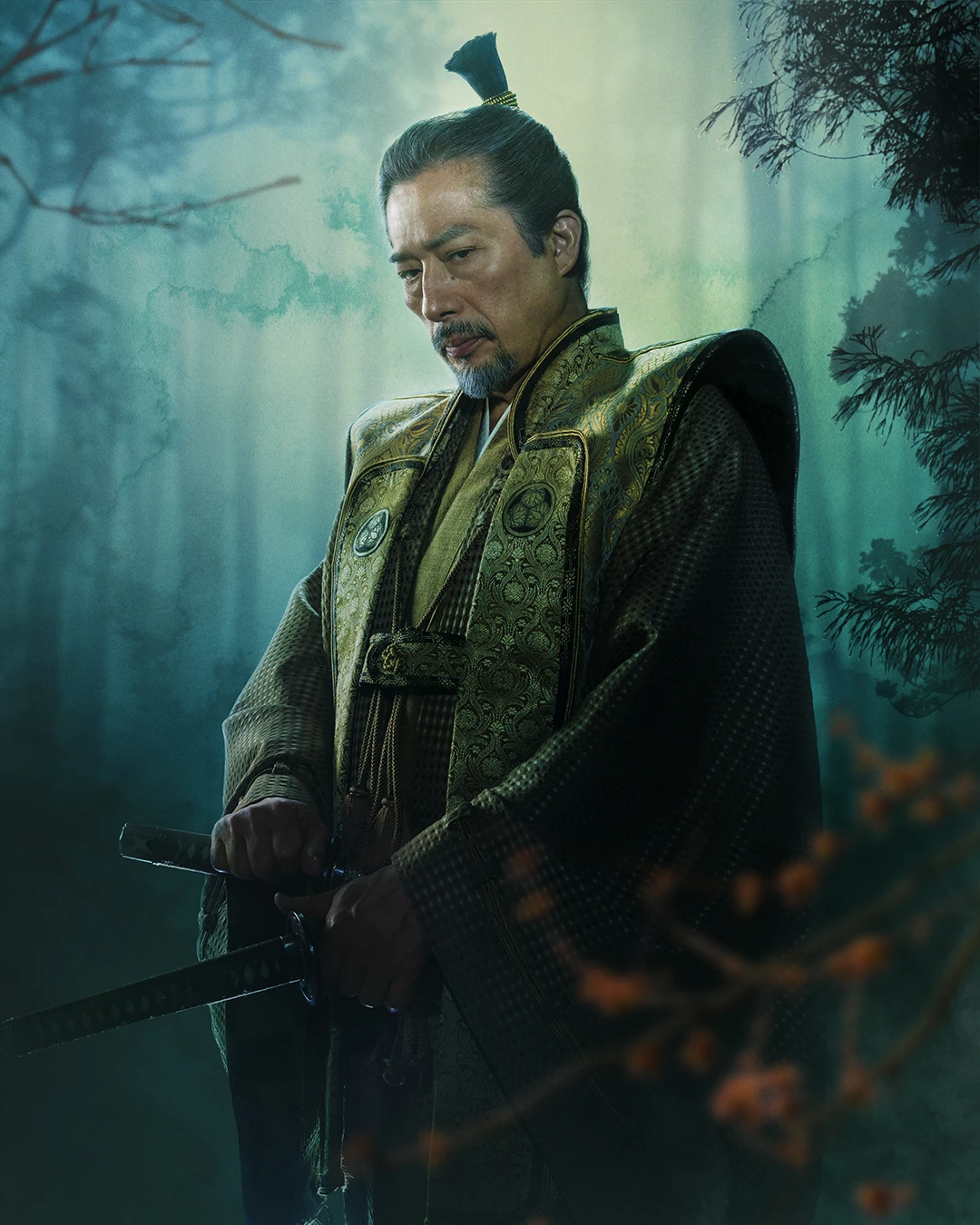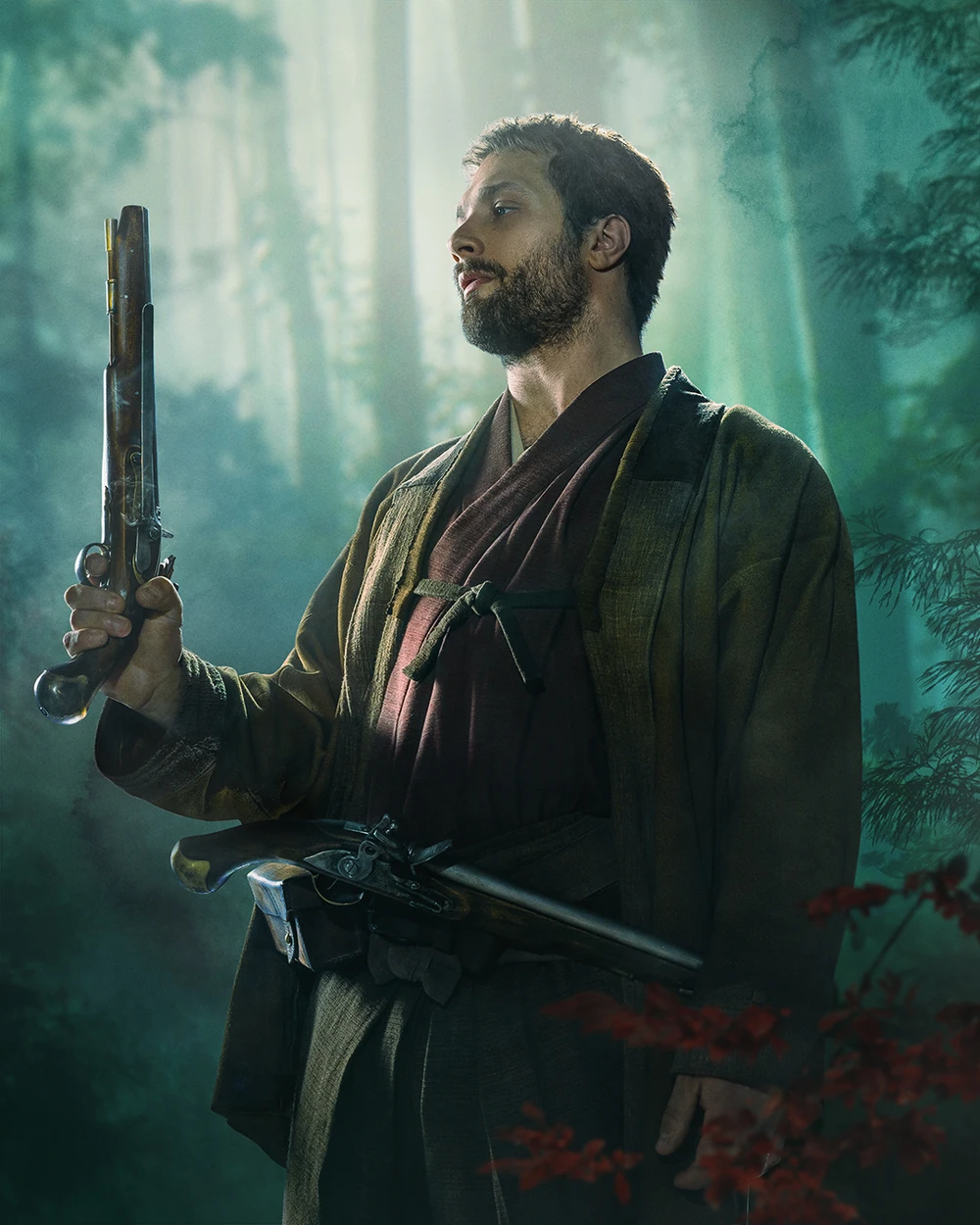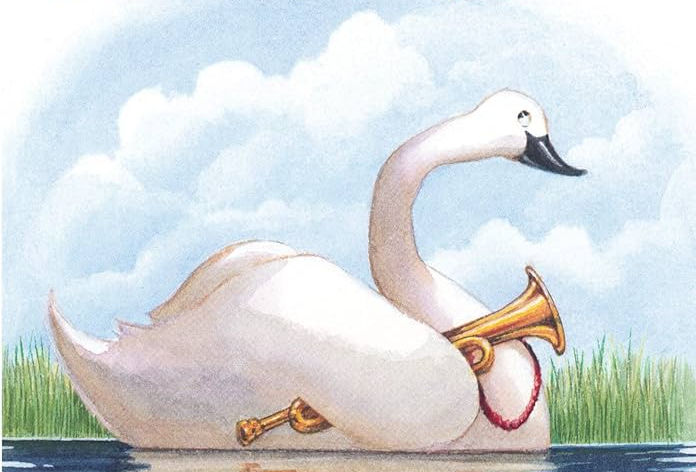Shogun
- Joe

- May 2, 2024
- 5 min read
Updated: Jan 21, 2025
Maybe you've heard about the new show from FX (and Hulu) called Shōgun. It's a mini-series, meaning one season only, and is an adaptation of a 1975 novel from James Clavell. It was also made into a TV series in 1980 but I have strong suspicion that the recent one blows the old one way. It's the best new show I've seen in years.
Though it's a comparison I don't want to use, what we follow here is a Japanese Game of Thrones, except involving a real place in a real time. Set in 1600, feudal Japan, there's an emperor at the top but most of the country is controlled by local lords (or clans), who have their own territories, cities and armies. Notably these armies are loyal foremost to their lord, not the emperor, though political strategy and charisma are pieces of the puzzle too. The situation at the beginning is an uneasy one. The Taikō, a long-time emperor, has passed away, leaving a son years from his majority, and now a group of five regents rule together. These men come from different places and represent different factions. We watch as the most ambitious of them attempts to gain control of the group, and the country as a whole, by allying with three others against his greatest rival for power, a lord named Toranaga (Hiroyuki Sanada). Into this arrives John Blackthorne (Cosmo Jarvis), an English sailor.
A quick history lesson is in order to explain Blackthorne's motivations. During the early Age of Discovery (1400-1500s) the Spanish and Portuguese were by far the most successful in traveling to and making connections in the far-flung parts of the world. De Gama (Portugal) reached India by sea in 1498, rounding the Cape of Good Hope. Columbus (Spain) traveled back and forth to the Americas four times 1492-1504. Magellan (Spain) circumnavigated the world 1519-1522. They were so dominant in exploration it was put on paper and they divided the world between their two countries, certainly to the angst of the rest of Europe. With the Treaty of Tortesillas (1494), Portugal claimed everything to the east of a demarcation line (Africa/Asia) and Spain everything west (most of the Americas). Another treaty, Zaragoza (or Saragossa, 1529), was required to create another line through the Pacific. In 1600 Japan was considered Portuguese territory by those two countries and the Portuguese were the only Europeans to have set foot on the island nation, establishing trade and relations, including religion. This setup is what Blackthorne hopes to overthrow. He's also an ambitious man and wants to get England in on the game, likely earning himself fortune and glory in the process.
Upon finding their way to Japan the English ship is seized and Blackthorne is taken before Lord Toranaga. (Btw the story characters are fictional but some have real life counterparts.) His arrival causes an uproar from two of the regents, Christians controlled by the Catholic Portuguese, who want him, a Protestant Englishman, dead. Toranaga is able to use Blackthorne to divide the regents, preventing his own demise (remember he's been singled out and due for death) and allowing his escape. It's one of many strategic moves made by the lord, a schemer and master of politics. His machinations drive the action of the show.
On some level I knew how this was going to end before it started. The time from 1603-1868 in Japan is known as the Edo period, where the country was ruled by the Shogun, a military dictator, instead of the Emperor. It seemed obvious to me Toranaga would become Shogun, they make sure to point out his line had filled the role in the past and multiple characters asked him if this was his ultimate goal (plus his home city is Edo). But whether this is what he truly wanted and how he could possibly pull it off will keep you guessing throughout.
I need to mention Mariko, Blackthorne's window into this foreign land. Highborn and fiercely loyal to Toranaga, she's a converted Christian with ties to the Portuguese priests and can serve as a faithful translator. We, as the viewers, hear English but supposedly they're speaking Portuguese. She thus develops a special relationship with Blackthorne, and let's just say the tension is ridiculous. Exactly her place in the grand scheme is meted out carefully, slowly, but her importance, to Blackthorne, and to Toranaga, only grows as the show continues.
So that's the outline in a nutshell, without spoiling it. We get thrown into medieval Japan and experience it largely through the eyes of an English sailor, who at many points struggles to understand exactly what's happening around him and more often why. But he's an incredibly quick learner, and a ruthless one, and still has plans of his own.
What's most impressive is the effort to make this a realistic look at Japan in 1600. This, of course, means beautiful visuals that make this story enjoyable to watch. But how the culture is captured is even better, and it's more than hair-dos, clothing, architecture, fighting styles, how they walk, or how they sit at a formal gathering. What's immediately jarring is the brutality, in particular when it comes to how they value honor. In one of the first scenes, a samurai serving Toranaga has an outburst at the treatment of his lord and insults the aspiring head of the regents. It's a short lapse of judgement but he knows the grievous mistake he's made, and quickly promises to commit seppuku and beyond that to end his entire male line. In Japan there's no going back from these words and he's soon shown going through with the ritual suicide, including with his only son, a newborn. Awful stuff.
The lesson here is that honor and loyalty are everything, and controlling your emotions is of vital importance. What Blackthorne struggles with most is the sheer amount of obligation the Japanese are wholly compelled to carry out. They always follow the rules of their society, including when someone in charge gives a command. In many cases they accept a lack of control over their own lives. 'Once loyalty begins it does not have an end.' So much appears to be entirely formal, so much entirely ritual. You cannot say (i.e. threaten) something you do not intend to follow through on. We learn of the 'eightfold fence,' a mechanism to compartmentalize and hide away emotions deep inside yourself. It's a vital part of understanding how to survive in Japan, certainly at the top of the country's hierarchy.
In the end this show is great, if only looking at the complex, slow-burn plot and the twists and turns along the way. I'd almost certainly pick up more on a rewatch, you do need to pay close attention with the names and language barrier. The acting is phenomenal, with the subtlety of Toranaga (that smirk at sunset!), the attitude of Blackthorne and the depth of Mariko standing out, though many of the side characters (Yabushige, Buntaro and Usami) will be memorable too. But, really, the best part is the deep dive on Japan and the pains taken to get it all right. They cared and it shows. The fact there's a scene where a husband prepares tea for his wife, and it's one of the most intense things I've ever watched, is a credit to that. Hopefully subtitles aren't a dealbreaker for you, because it's worth it.









Comments